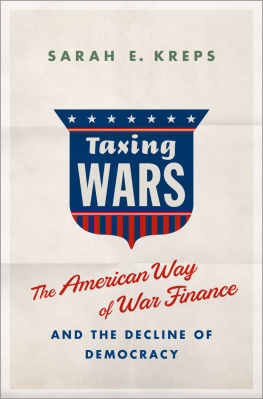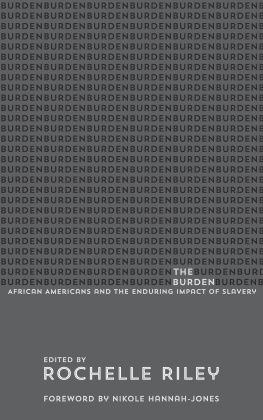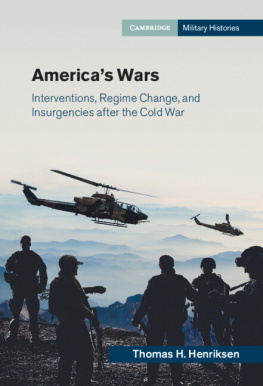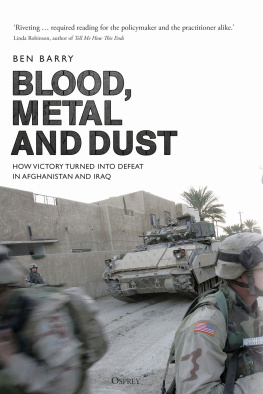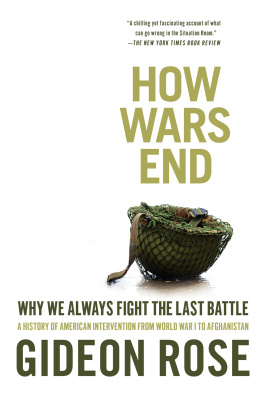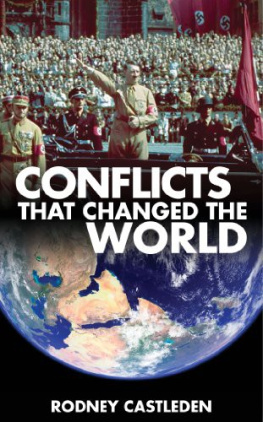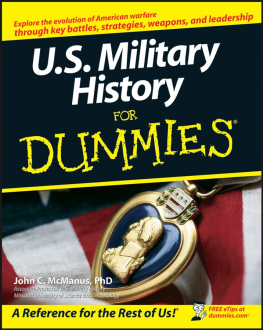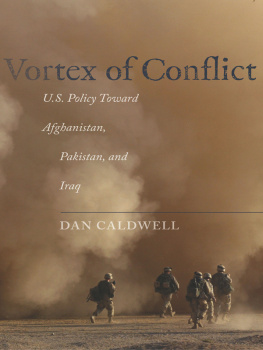Contents
Pagebreaks of the print version
TAXING WARS


Oxford University Press is a department of the University of Oxford. It furthers the Universitys objective of excellence in research, scholarship, and education by publishing worldwide. Oxford is a registered trade mark of Oxford University Press in the UK and certain other countries.
Published in the United States of America by Oxford University Press
198 Madison Avenue, New York, NY 10016, United States of America.
Oxford University Press 2018
All rights reserved. No part of this publication may be reproduced, stored in a retrieval system, or transmitted, in any form or by any means, without the prior permission in writing of Oxford University Press, or as expressly permitted by law, by license, or under terms agreed with the appropriate reproduction rights organization. Inquiries concerning reproduction outside the scope of the above should be sent to the Rights Department, Oxford University Press, at the address above.
You must not circulate this work in any other form and you must impose this same condition on any acquirer.
CIP data is on file at the Library of Congress
ISBN 9780190865306
eISBN 9780190865320
CONTENTS


During graduate school, I worked as a US Air Force reservist at the National Reconnaissance Office (NRO). The NRO had obtained mythical status in my mind because it dealt with space, satellites, oodles of secret money, and spooks from the Central Intelligence Agency.
One of the first people I met working at the NRO was a former non-official cover officer. As he quickly told me, he was the kind of CIA agent who would be killed without question if anyone in the field discovered his identity. And as with most people in the intelligence business, he was dispositionally paranoid. One clear manifestation was that he came to work every day with ten $100 bills rolled and squirreled away in various parts of his body and clothes. It was a habit, he said, that he had picked up in case he needed to bribe his way out of a dangerous situation. He had been unable to shed the practice even though we worked in the leafy suburbs of northern Virginia.
A somewhat more useful nugget he dispensed to his amateur colleague was how to evade questions about the classified nature of his work. He said that when people asked what he does, he said he is a tax specialist. The response would shut down further questions because no one would ever want to talk more about any intricacies of taxes. I nodded in agreement, because I thought for a long time that people didnt want to discuss taxes. I no longer agree, and I hope that the reader of this book does not either.
Taxes, I realized, are not just an economic tool. They are inherently political. Of course, I had known this as early as grade school when we were taught about the Tea Party Massacre and the origins of the American Revolution, but as an adult, it seemed like taxes were simply something onerous we dealt with in April of every year.
I started to reevaluate this belief one day when I was talking to a Cornell colleague of mine in comparative politics, Gustavo Flores-Macas. He was studying the security taxes levied in Colombia to fight the guerrilla war, and I started to dig into the United States experience. It turned out the United States had not levied a war tax since the Vietnam War, and I wondered why that practice had changed and what the consequences might be.
My colleague and I collaborated on a couple of articles on war taxes, one of which appeared in the American Political Science Review and another in the Journal of Conflict Resolution, but it seemed like a book manuscript was in order that would allow me to write more systematically about the American experience with paying for its wars. This book is the product of that research. It was a long time in coming, as I briefly detoured to write a couple of books on drone warfare, which I came to realize was actually a related story. The United States has increasingly worked to shield its population from the costs of war not just in blood, through the use of drones, but also in treasure, by avoiding war taxes and financing its conflict through debt. A long-established tradition of democratic theory suggests that a key difference between democracies and non-democracies is that a democratic populace bears the direct costs of war in blood and treasure. The more directly they bear those costs, the more incentives they have to pressure leaders to keep wars short and low cost.
My normative concern with this project was the inverse of this logic. If individuals no longer saw the costs of war, would they be less politically engaged with the cost, duration, and outcome? The study suggests that the answer is yes. Beginning in 2001, the United States began a war against Al-Qaeda that morphed into a war against unrelated militants in east Africa, north Africa, and Yemen. President Obama campaigned on winding down the wars in Afghanistan and Iraq, only to wind them back up. In 2014, he began a war against the Islamic State in Syria and Iraq. Legislators have been relatively silent on each of these fronts because their constituents are silent. The constituents are silent because they are shielded from the costs of war. Accountability linkages have correspondingly unraveled. Debt levels rose as the sense of fiscal propriety that characterized prior wars failed to emerge from the public, quite a different attitude from the one expressed by Woodrow Wilson: Borrowing money is short-sighted finance. We should pay as we go. The industry of this generation should pay the bills of this generation.
As I worked through the research on the book, I incurred a number ofpardon the punmy own debts. I am grateful for funding from the Institute for Social Sciences at Cornell, which funded an early experiment I conducted with Gustavo Flores-Macas. The Koch Foundation provided a generous grant that allowed me to do fieldwork in the United Kingdom, Italy, and Germany to expand my cross-national perspective. The generous Appel fellowship allowed me to spend my sabbatical year in Spain while I finished drafting and editing the manuscript.
I also appreciate the feedback I received on various aspects of the research, including comments from participants in seminars at the University of California-Berkeley, Binghamton University, Duke University, North Carolina State University, Rutgers University, and the University of North Carolina at Chapel Hill. I would also like to thank participants at the Costs of War workshop at Cornell, as they helped move along the ideas for the book in its early stages, and my own book workshop, also at Cornell, whose participants helped finesse the argument and empirics toward the final stages.
A number of individuals provided helpful feedback along the way. In particular, I would like to thank those who took the time to provide written or verbal comments: Mariel Barnes, Richard Bensel, Marc Blythe, Jon Caverley, Malcolm Chalmers, Debak Das, Nisha Fazal, Peter Feaver, Gustavo Flores-Macias, Ben Fordham, Lawrence Freedman, Aaron Friedberg, Jonathan Kirshner, Peter Katzenstein, Tamir Libel, Paul MacDonald, Paul Newman, Dan Reiter, Condoleezza Rice, Sten Rynning, Elizabeth Saunders, Ken Schultz, John Schuessler, Nic Van de Walle, Karin von Hippel, Kyle Wolfley, Amy Zegart, and Micah Zenko. My thanks also go to Dave McBride at Oxford who heard an early pitch of the book several years back, had thoughtful suggestions about the argument, and then helped shepherd the work to its final publication.

